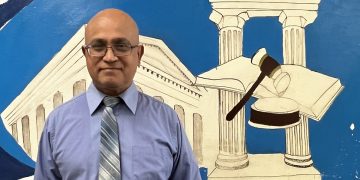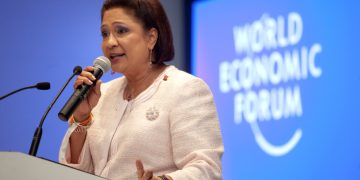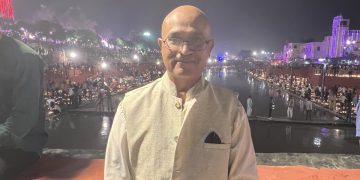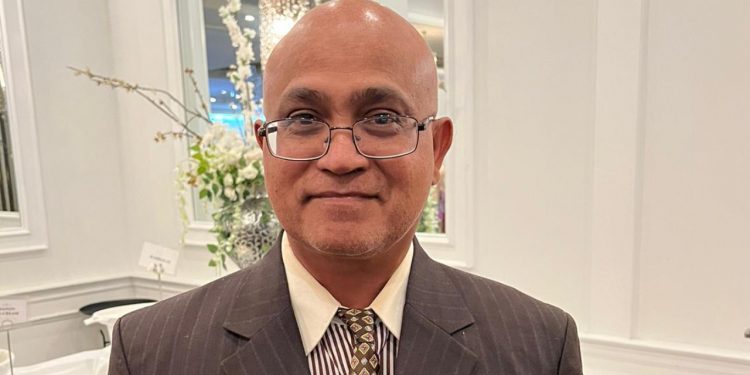Dear Editor,
Political parties in Guyana, Trinidad and Tobago, the wider region have been plagued with ethical, immoral and other improper activities, including skullduggery in internal elections in operations or political processes. A leader of one political party, TNM, has not honored an agreement made with two other parties on parliamentary representation. It is stated, even by some lawyers, that the court has no jurisdiction over the operations of parties or an agreement signed among parties because they are private organizations and as such courts can’t inquire into their operations or processes or agreements. No! Political parties are not private bodies. And the court has jurisdiction over them by virtue of the fact that they constitute the government when elected and their actions can be challenged in court There are ample precedents in court rulings on political parties in democratic countries.
In India, as learned from my readings of its constitutional law, a couple decades ago the management of the Board of Control for Cricket in India was challenged about its operations in court; democracy and accountability were lacking. The management (executive of BCCI) stated that the court had no jurisdiction in its operation because it was a private society. The court disagreed. The matter reached the Supreme Court which ruled against the management of the BCCI. The court ruled it had jurisdiction over operations of BCCI, suspended the management (executive body), and appointed a former judge to manage the affairs of the organization for an interim period. The court laid down rules how BCCI should function on conduct of internal elections, tenure of officers, and issued other orders. There are other cases in the management of other organizations in which the court claimed jurisdiction. All organizations that claimed to be private and not subjected to the court have had to follow similar rules as laid down in BCCI.
Political parties are public organizations and as such are not exempted from the jurisdiction of the court. The court in India has been known to routinely intervene in the operations of political parties, ensuring they follow their own constitutions and that if the nation. Members and the public can seek the court’s intervention if they feel parties are violating their constitution or natural rights. Political parties routinely have to send to the Election Commission of India reports on party elections and other processes for auditing. And the court earlier this year ruled on funding of parties — ordering a new system of obtaining campaign funds to make it fair and democratic.
In the USA, many eons ago, political parties also made the claim that the court had no jurisdiction over their affairs. The court disagreed! Needless to say that parties in USA were operating most undemocratically. The court corrected this anomaly in American politics. The court mandated that their operations be open and transparent and that they hold democratic elections in selection of officers, nominees for elective office, etc. In fact, in USA, the election commission of every locality and every state holds primaries for selection of nominees for office; party members are empowered to choose their leaders and nominees for office unlike in Guyana. New York State chose nominees for Congress and other offices of each party in a primary slated last Tuesday June 25. Every elective office must hold a primary for every party.
By its very nature, the court must have jurisdiction over political parties. After all, a party is vying in an election to run the affairs of the government. The party in government makes laws. The government is subjected to the jurisdiction of a court. And that, therefore, makes the party subjected to the jurisdiction of the court.
And as such it will not be correct to claim that the court has no jurisdiction over the violation of an agreement say by Dr Asha Kissoon (as leader of TNM) with leaders of two other parties or with any other leader at any time. The agreement is not private but public. The court has jurisdiction to enforce it! And the court has power to intervene in processes of parties especially when they engage in skullduggery in election of office bearers as seem to be the norm in Guyana, Trinidad, and around the region.
Yours truly,
Vishnu Bisram





































































